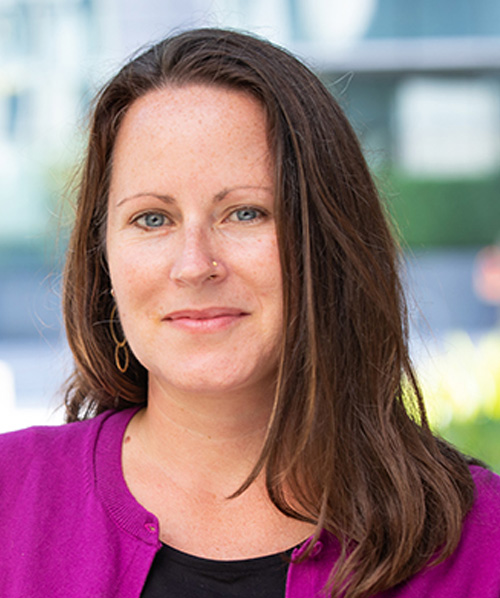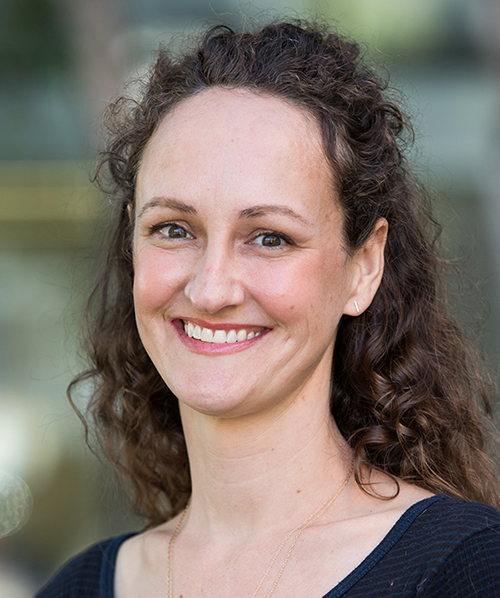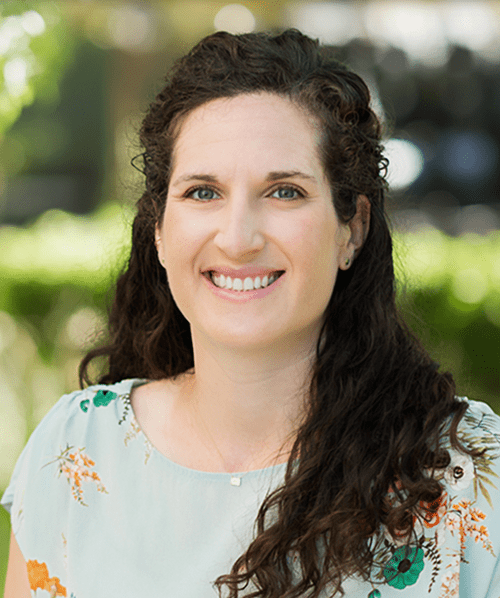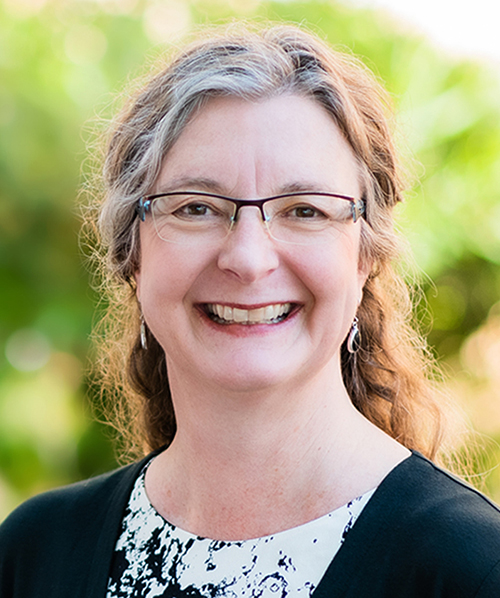2024
Calvin Chiu, PhD, MA

Proposal title: SAFARI-Girls: Studying the Application of AI in Recognizing Inclusivity in Swahili Texts for Girl-Friendliness
Department: Institute for Health & Aging
Seed award amount: $30,000
This research aims to address the global inequities in computational resources and language representation in natural language processing (NLP) research. Currently, NLP methods predominantly focus on analyzing English text, leaving out crucial linguistic richness in native expressions. This proposal focuses on augmenting machine learning techniques with Swahili language expertise to generate culturally appropriate insights in the context of youth-friendly HIV and sexual and reproductive health services in Tanzania.
By incorporating Swahili language expertise into machine learning analysis of mystery client interactions with drug shops, this research seeks to identify novel features of youth-friendliness that were previously overlooked. The study will also build capacity in machine learning methods in Tanzania, fostering local expertise and enabling future research in Swahili.
Alison El Ayadi, ScD, MPH

Proposal title: Prevalence and risk factors of female urinary incontinence among women in Uganda, their lived experiences and treatment outcomes
Department: Obstetrics, Gynecology and Reproductive Sciences
Seed award amount: $30,000
Uganda Principal Investigator: Ian Asiimwe, MBChB, MMed, MHS
Urinary incontinence (UI), the involuntary leakage of urine, is a prevalent but under-researched condition among Ugandan women. This research aims to fill the knowledge gaps surrounding UI in East Africa and its impact on women’s physical and psychosocial well-being. The study will estimate the prevalence of UI among Ugandan women of reproductive age and identify associated risk factors. Additionally, it will explore women’s experiences living with UI, including their care-seeking behaviors and outcomes.
By generating comprehensive data on UI, this research will inform the development of interventions to reduce the burden of this condition. It will provide valuable insights for policymakers and public health specialists to create guidelines, strategies and health promotion messages that prevent UI and improve access to treatment. The findings will contribute to improving women’s quality of life and well-being in Uganda and beyond.
2023
Jennifer Smith, PhD, MSc

Proposal Title: Evaluating the burden and health consequences of female genital schistosomiasis through integrated antenatal surveillance: a mixed methods approach in Tanzania
Seed award amount: $30,000
Smith’s study will pilot antenatal surveillance for female genital schistosomiasis (FGS) in Bagamoyo, Tanzania. FGS is an acute and chronic parasitic disease caused by blood flukes, can potentially lead to infertility and other health consequences, and is heavily stigmatized. Currently, there is no routine surveillance system for female genital schistosomiasis. This seed award will specifically support qPCR molecular diagnostics and in-depth patient and provider interviews. The goal is to understand FGS’s burden and health consequences better and assess the feasibility of integrating surveillance into routine antenatal care to address the disease in a vulnerable population. Jennifer Smith will collaborate with Michelle Hsiang, MD, MS, UCSF; Ally Olotu, MD, DPhil, Ifakara Health Institute; and Amy Sturt, MD, PhD, Stanford University.
Anneka Hooft, MD, MPH

Proposal Title: Predictors of disease severity in children with non-malarial, acute febrile illness in a rural hospital in Malawi.
Seed award amount: $30,000
Hooft’s study looks at clinical risk factors for severe illness and bacterial infection of febrile children at a district hospital in Malawi. She will recruit a cohort of children with fever, test them for biomarkers and blood culture, and track them during admission to when they go home. Her pilot study seeks to better understand acute febrile illness and what risk factors might better predict severe illness and bacterial infection, so that providers can make better treatment decisions, especially in low-resource areas. Anneka Hooft will be collaborating with Kimberly Baltzell, RN, PhD, MS, UCSF; Philip Rosenthal, MD, UCSF; and Gama Petulo Bandawe, PhD, Malawi University of Science and Technology.
2022
Susanne Martin Herz

One of two initial seed grants supports Susanne Martin Herz, MD, PhD, an associate professor of pediatrics. Martin Herz has been working with a neurodevelopmental pediatrician at the University of Zimbabwe to improve early diagnosis and treatment for infants with neurodevelopmental disorders. Martin Herz saw an opportunity to look for metabolic biomarkers that indicate a high risk for neurodevelopmental disorders, which could trigger monitoring and treatment at younger ages – a period when children benefit most from treatment because their brains are still malleable. The project is still getting underway, but Martin Herz reports that she has recently added UCSF neonatology fellow Faith Goronga, MD – originally from Zimbabwe – to the research team. Goronga’s work will extend the analysis of non-omics risk.
Nathan Lo

The second of our two initial seed grants supported Nathan C. Lo, MD, PhD, a faculty fellow in the Department of Medicine, who has spent the last decade studying the neglected tropical disease schistosomiasis. Lo’s work aims to predict which geographical areas may prove to be persistent schistosomiasis hotspots. Some places, for reasons not well understood, don’t respond as well to mass treatment efforts. Lo and a postdoctoral fellow Benjamin Singer, PhD, are trying to adapt machine learning models to identify likely hotspots before mass treatment efforts get underway. The seed award has led to a forthcoming publication, entitled “Predicting persistent hotspots of schistosomiasis to guide preventive chemotherapy programs,” which was also presented at a conference organized by the American Society of Tropical Medicine and Hygiene. Lo has applied for NIH R01 funding to continue the work begun with the seed grant.
